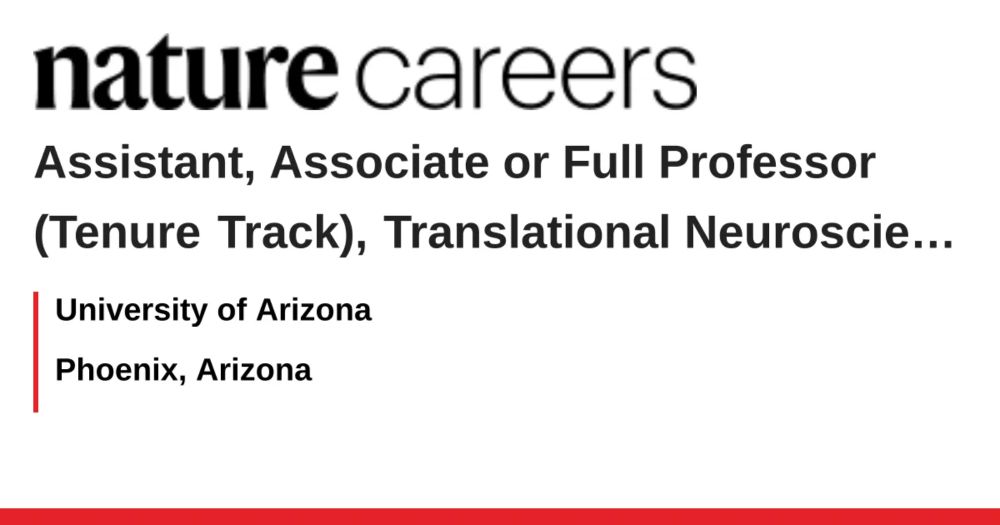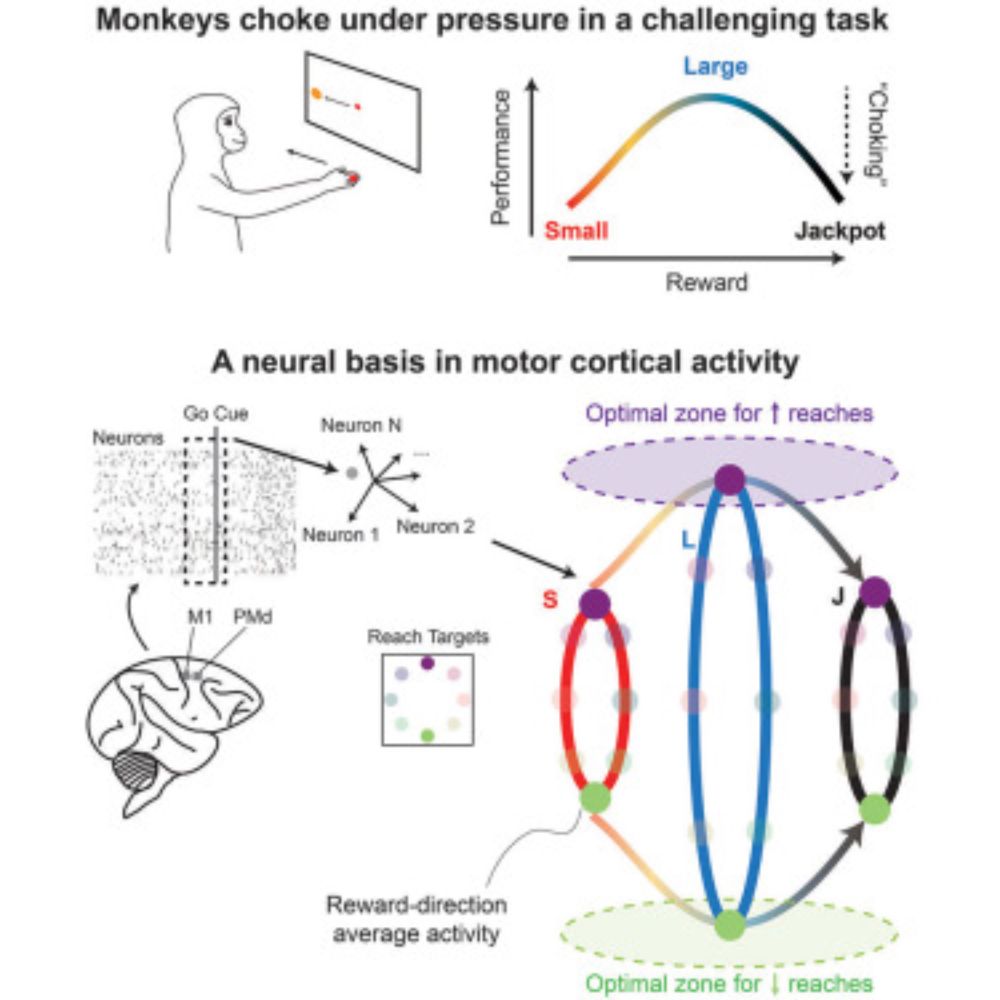Melissa R. Warden, Ph.D.
@mrwarden.bsky.social
2.5K followers
2K following
13 posts
Associate Professor, Department of Translational Neurosciences, The University of Arizona. Neuromodulation; neural circuits of cognition and emotion. Princeton/MIT/Stanford/Cornell/Arizona wardenlab.org
Posts
Media
Videos
Starter Packs
Reposted by Melissa R. Warden, Ph.D.
Marlene Cohen
@marlenecohen.bsky.social
· Aug 15

Guided by Noise: Correlated Variability Channels Task-Relevant Information in Sensory Neurons
Shared trial-to-trial variability across sensory neurons is reliably reduced when perceptual performance improves, yet this variability is low-dimensional, so it could be ignored by an optimal readout...
www.biorxiv.org
Reposted by Melissa R. Warden, Ph.D.
Vikaas Sohal
@vikaassohal.bsky.social
· Aug 11

Prefrontal gamma oscillations engage dynamic cell type-specific configurations to support flexible behavior
Cognitive dysfunction in conditions such as schizophrenia involves disrupted communication between the prefrontal cortex (PFC) and mediodorsal thalamus (MD). Parvalbumin interneurons (PVI) are known t...
www.biorxiv.org
Reposted by Melissa R. Warden, Ph.D.
Reposted by Melissa R. Warden, Ph.D.
Earl K. Miller
@earlkmiller.bsky.social
· Jun 25

Oscillatory Control of Cortical Space as a Computational Dimension
Flexible cognition depends on the ability to represent and apply context, allowing the brain to interpret sensory input and guide behavior in a context-dependent manner. Recent work has proposed Spati...
www.biorxiv.org
Reposted by Melissa R. Warden, Ph.D.
Reposted by Melissa R. Warden, Ph.D.
Reposted by Melissa R. Warden, Ph.D.
Reposted by Melissa R. Warden, Ph.D.
Talia Lerner
@talialerner.bsky.social
· Nov 10
Reposted by Melissa R. Warden, Ph.D.






